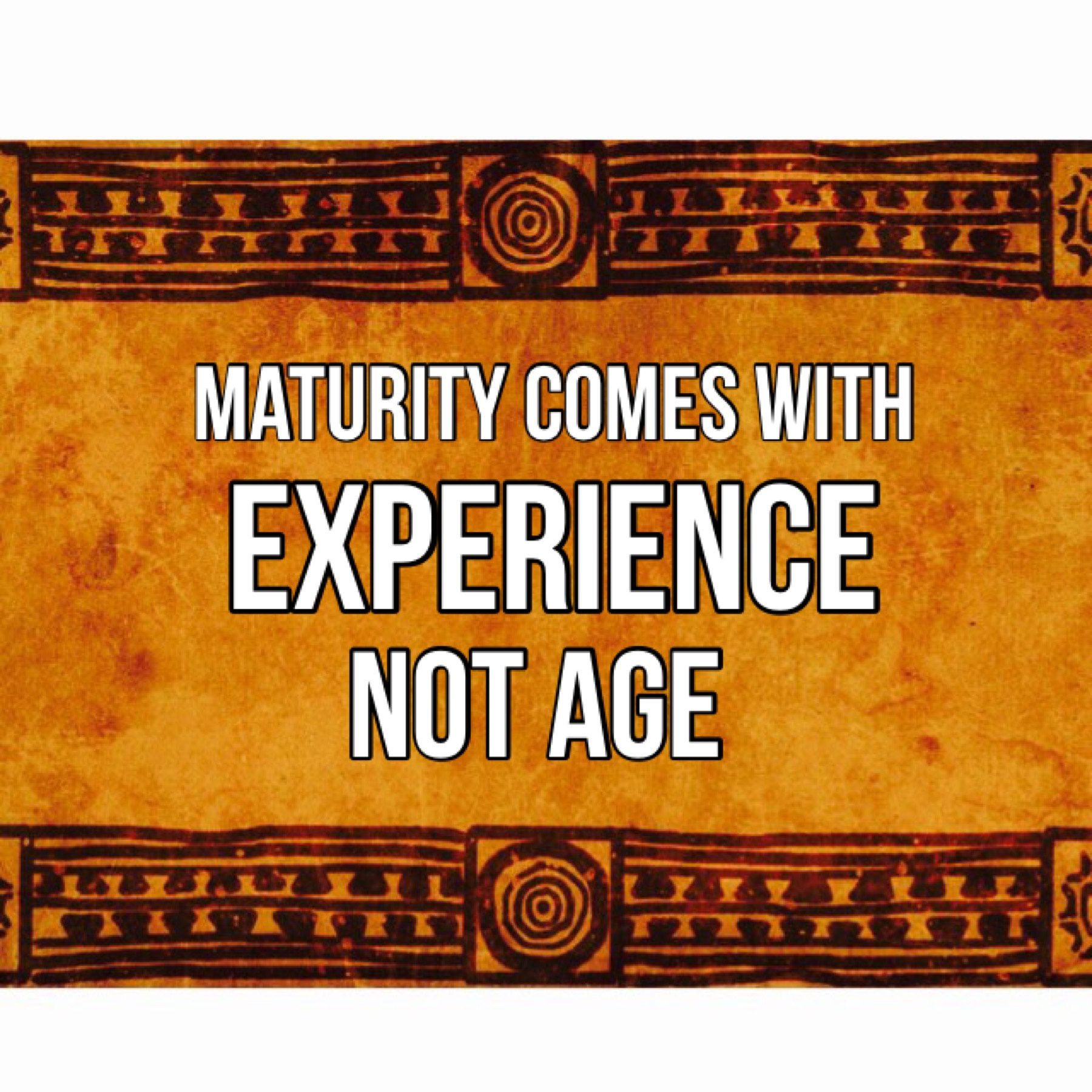Have you ever had a rocky relationship, but couldn’t figure out why things went sour in the first place?
Most everyone experiences obstacles in their relationships from time to time, but if it becomes a regular occurrence, this should raise some red flags. Constant arguing, distant behavior, forced communication, and drained energy are just some of the trademarks of unhealthy relationships.
If you have had relationships like these in the past, keep these pointers in mind to cultivate healthy, positive relationships in the future.
11 Things People in Healthy Relationships Do Differently
1. They always have each other’s backs.
People in healthy relationships don’t cut each other down or try to outshine one another. Every time either person reaches a long-awaited goal or expresses interest in trying a new career path, the other responds with unwavering support and encouragement. While they may discuss all the possibilities that the new venture might bring, they will still stand by their partner if he or she feels passionate about something. They don’t rain on each other’s parade – instead, they celebrate newfound desires and accomplishments and bring even more light into each other’s lives.
2. They make time for one another despite a hectic schedule.
If you live on planet Earth, you probably have a pretty full plate and try to take full advantage of any free time you have. Despite a packed schedule, people in healthy relationships dedicate some of their free time to going out on dates, having heart-to-heart talks, and just enjoying life together. People in destructive relationships may prioritize work or hang out with friends above their relationship, but if you really care about someone, you will make an effort to spend quality time with them.
Set aside a block of time each day that is not to be interrupted, regardless of what’s going on. You’ll be surprised that you can, in fact, fit this time in, and won’t lose your regular schedule.
3. They recognize the importance of self-love.
We live in a world of constant change, but this will always remain the same: You must love yourself if you want others to love you in return. Think of it like a cup overflowing with water, for example. If you have excess water, you can easily give it to others since you already have enough for yourself. If you have enough love in your heart for yourself, you can give away the extra love to others.
Your relationship with yourself determines your relationship with everyone else, and healthy relationships thrive off of people who have a lot of love within already.
4. They leave past relationships behind them.
They don’t carry the pain from past relationships into their current one – you can’t have a healthy relationship if you haven’t dealt with the hurt you’ve experienced before coming into a new relationship. Of course, you should ideally take lessons from your past relationships and apply them to future ones, but to move on, you need to release the pain and express gratitude for what you learned along the way.
5. Healthy relationships are built on a strong foundation of trust.
People in unhealthy relationships may become jealous or possessive of his or her partner if the trust isn’t established from the get-go. To have an open, loving relationship, both people need to be able to rely on one another for everything from helping each other get over a cold to sharing each other’s deepest secrets. Trust acts like the breath of life in a relationship, and if you don’t have it, you both will quickly run out steam. Healthy relationships require complete faith in one another in order to get through challenges and rejoice in the good times, too.
6. They make each other laugh often.
As the old adage goes, “laughing is the best medicine.” Laughing helps keep us sane in this crazy ride of life and also releases endorphins that make us feel happy and alive. The most successful relationships consist of two people who can make each other laugh even when everything seems to be falling apart around them. In fact, if they can remain lighthearted about drastic situations, that shows they can make it through anything together with smiles still lighting up one another’s lives.
7. They spend some of their time apart.
Obviously, healthy relationships need some time to breathe in order to keep the fire burning bright. If two people spend every waking moment together, they will tire of each other pretty quickly and tend to get under one another’s skin. People usually enjoy hanging out with friends or seeing family without their boyfriend, girlfriend, or spouse tagging along every time, and this actually makes for a much healthier relationship. After all, people need time to nurture all relationships in their lives, and even the closest of partners understand that.
8. They lift each other up during hard times.
They never walk away when the going gets rough; people in healthy relationships weather the storm together and brainstorm solutions to any problem that stands in their way. No matter how tough things get, they stick around until it gets resolved and help to lessen the burden for the other person.
9. They teach each other new things about life.
Every relationship serves as an opportunity to teach you more about yourself and the universe, and people in healthy relationships can gain a wealth of knowledge from each other. Maybe one of you knows about sacred geometry, and the other has experience in more creative endeavors such as drawing or painting. People in healthy relationships open themselves up to learning new subjects and complement one another’s unique interests.
10. They make each other better people.
You can always tell when two people feel genuinely happy together because they seem at ease and have a certain glow about them. Something just clicks between the two of them, and they make each other feel like more of themselves, not less. They take each other to the next level, helping one another advance their personal evolution of consciousness.
11. They make life their own playground.
People in the healthiest relationships make time for having fun together, and don’t let the monotony of bills and responsibilities take the reins in the relationship. They plan fun outings together and try new things often, such as rock climbing, taking a painting class, or couple’s yoga. They bring out one another’s inner child and put enjoying life at the forefront of their relationship.










